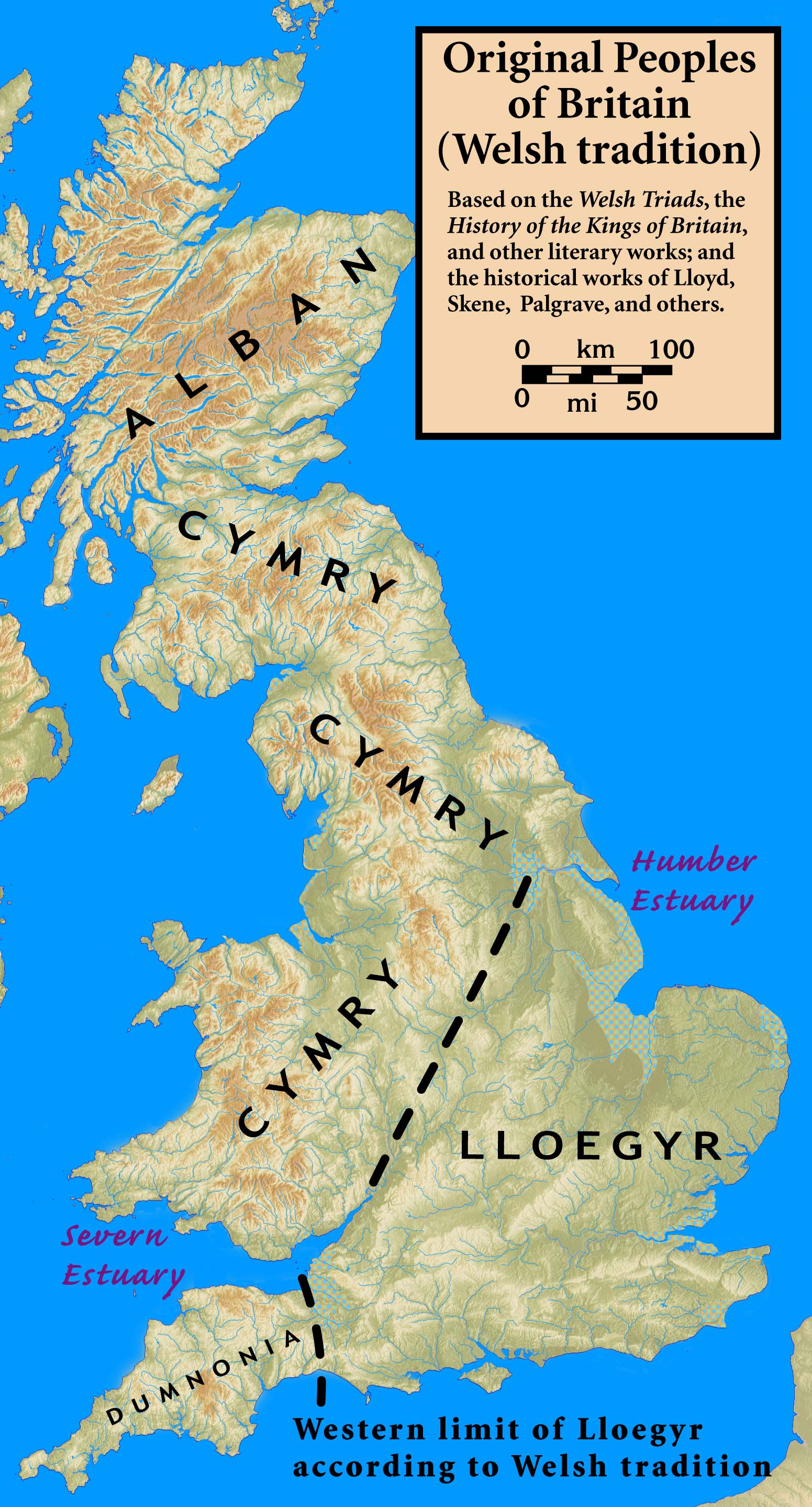|
Alba Solís
Alba Solís (born Ángela Herminia Lamberti; 18 October 1927 – 3 February 2016) was an Argentine singer, actress and Vedette (cabaret), vedette. Her style was characterized by singing tangos in a dramatic manner. She was born in the Floresta, Pernambuco, Floresta area of Buenos Aires to Italian parents, Oreste Juan Guillermo Lamberti and Herminia Trapanese. Filmography * ''Carne (film), Carne'' (1968) * ''La cigarra está que arde'' (1967) * ''Luna Park (1960 film), Luna Park'' (1960) * ''Estrellas de Buenos Aires'' (1956) * ''Maleficio'' (1953) * ''De turno con la muerte'' (1951) * ''Escándalo nocturno'' (1951) See also * List of tango singers References External links * 1927 births Argentine vedettes Singers from Buenos Aires Tango dancers Tango singers 2016 deaths Argentine people of Italian descent Burials at La Chacarita Cemetery {{Argentina-singer-stub ... [...More Info...] [...Related Items...] OR: [Wikipedia] [Google] [Baidu] |
Alba Solis
''Alba'' ( , ) is the Scottish Gaelic name for Scotland. It is also, in English-language historiography, used to refer to the polity of Picts and Scottish people, Scots united in the ninth century as the Kingdom of Alba, until it developed into the Scotland in the Late Middle Ages, Kingdom of Scotland of the late Middle Ages following the absorption of Kingdom of Strathclyde, Strathclyde and English-speaking Lothian in the 12th century. It is cognate with the Irish term ' (gen. ', dat. ') and the Manx language, Manx term ', the two other Goidelic languages, Goidelic Insular Celtic languages, as well as contemporary words used in Cornish language, Cornish (') and Welsh language, Welsh ('), both of which are Brythonic languages, Brythonic Insular Celtic languages. The third surviving Brythonic language, Breton language, Breton, instead uses ', meaning 'country of the Scots'. In the past, these terms were names for Great Britain as a whole, related to the Brythonic name Albion. ... [...More Info...] [...Related Items...] OR: [Wikipedia] [Google] [Baidu] |
Vedette (cabaret)
A vedette is the main female artist of a show derived from cabaret and its subcategories of revue, vaudeville, music hall or burlesque. The purpose of the vedette is to entertain and captivate the public. Vedettes are expected to triple threat (entertainer), sing, dance and act on stage. Particularly accomplished artistes are considered ''super vedettes'' or ''first vedettes''. Vedettes often appear alongside groups of dancers, flashy and revealing costumes, Magic (illusion), magicians, comedians, jugglers, or even performing animals. Vedettes specializing in burlesque generally do striptease and may also perform nude on stage. In the 20th century, vedette shows were successful in the cabarets, theaters and nightclubs of countries such as Spain, France, Argentina and Mexico. Paris and Las Vegas were considered the main cradle of the vedettes. Etymology ''Vedette'' is a French word that designates the star of a show, at the top of the billing. The meaning of the term has changed ov ... [...More Info...] [...Related Items...] OR: [Wikipedia] [Google] [Baidu] |
Floresta, Pernambuco
Floresta is a city in the Brazilian States of Brazil, state of Pernambuco. It is situated at latitude 08º36'04" south and at longitude 38º34'07" west, at an altitude of 316 metres. Its population was estimated in 2020 to be 33,184 inhabitants, according to the Brazilian Institute of Geography and Statistics. It has an area of 3644.17 km2. History Floresta ("forest") traces its origins to the 18th-century farms of Curralinho and Paus Pretos, but it was the Fazenda Grande ("big farm"), on the right bank of the rio Pajeú (Pajeú river), that saw the first inhabitants of Floresta. In the second half of the 18th century, the farm served as a temporary shelter for the cattle that came from Bahia to supply Pernambuco sugar devices with animal power. Around the particular oratory raised in 1777 that would later come to be the chapel of the Bom Jesus dos Aflitos, the town appeared, named as Fazenda Grande. The proprietors of the Fazenda Grande, captain Jose Maciel Pear tree a ... [...More Info...] [...Related Items...] OR: [Wikipedia] [Google] [Baidu] |
Buenos Aires
Buenos Aires, controlled by the government of the Autonomous City of Buenos Aires, is the Capital city, capital and largest city of Argentina. It is located on the southwest of the Río de la Plata. Buenos Aires is classified as an Alpha− global city, according to the Globalization and World Cities Research Network, GaWC 2024 ranking. The city proper has a population of 3.1 million and its urban area 16.7 million, making it the List of metropolitan areas, twentieth largest metropolitan area in the world. It is known for its preserved eclecticism, eclectic European #Architecture, architecture and rich culture, cultural life. It is a multiculturalism, multicultural city that is home to multiple ethnic and religious groups, contributing to its culture as well as to the dialect spoken in the city and in some other parts of the country. This is because since the 19th century, the city, and the country in general, has been a major recipient of millions of Immigration to Argentina, im ... [...More Info...] [...Related Items...] OR: [Wikipedia] [Google] [Baidu] |
Carne (film)
''Carne'' is a 1991 French drama short film written and directed by Gaspar Noé, starring Philippe Nahon and Blandine Lenoir. It tells the story of a horse butcher with a mute daughter. At a running time of 38 minutes, it was the first longer film directed by Noé. The narrative was continued in Noé's 1998 full-length debut, '' I Stand Alone''. Plot A nameless horse butcher, whose wife left him soon after their mute daughter was born, operates his own business while trying to raise the daughter. Despite the fact that she has become a teenager, the Butcher continues to wash her like a baby, and struggles to resist the temptation of committing incest. On the day of the daughter's first menstruation, the Butcher misinterprets the situation and assumes that she's been raped by a worker, whom he immediately seeks out. However, this only leads to him stabbing an innocent worker in the mouth and crippling him to which the Butcher is imprisoned for the assault and forced to sell not ... [...More Info...] [...Related Items...] OR: [Wikipedia] [Google] [Baidu] |
La Cigarra Está Que Arde
LA most frequently refers to Los Angeles, the second most populous city in the United States of America. La, LA, or L.A. may also refer to: Arts and entertainment Music *La (musical note), or A, the sixth note *"L.A.", a song by Elliott Smith on ''Figure 8'' (album) * ''L.A.'' (EP), by Teddy Thompson *''L.A. (Light Album)'', a Beach Boys album * "L.A." (Neil Young song), 1973 *The La's, an English rock band *L.A. Reid, a prominent music producer *Yung L.A., a rapper *Lady A, an American country music trio * "L.A." (Amy Macdonald song), 2007 *"La", a song by Australian-Israeli singer-songwriter Old Man River *''La'', a Les Gordon album Other media * l(a, a poem by E. E. Cummings *La (Tarzan), fictional queen of the lost city of Opar (Tarzan) *''Lá'', later known as Lá Nua, an Irish language newspaper *La7, an Italian television channel *LucasArts, an American video game developer and publisher * Liber Annuus, academic journal Business, organizations, and government agenc ... [...More Info...] [...Related Items...] OR: [Wikipedia] [Google] [Baidu] |
Luna Park (1960 Film)
''Luna Park '' is a 1960 Argentine Argentines, Argentinians or Argentineans are people from Argentina. This connection may be residential, legal, historical, or cultural. For most Argentines, several (or all) of these connections exist and are collectively the source of their ... film. It follows the story of a young boxer whose dream of fighting in Luna Park Stadium is on conflict with the interests of the sport. Cast *Pepe Armil *Hugo Astar *Alberto Barcel *Pedro Buchardo *Elisa Daniel *Nora Massi *Luis Orbegozo External links * 1960 films 1960s Spanish-language films Argentine black-and-white films Argentine drama films Films directed by Rubén W. Cavallotti 1960s Argentine films {{1960s-Argentina-film-stub ... [...More Info...] [...Related Items...] OR: [Wikipedia] [Google] [Baidu] |
Maleficio
''Tres citas con el destino'' ("Three Dates With Destiny") is a 1954 Mexican film directed by Fernando de Fuentes. Cast * Manuel Arbó * Ricardo Argemí...(as Argemí) * Félix Briones * José Castellón * Fernando Cortés * Juana Cáceres * Fernando Galiana * Carmela de Gracia * Sara Guasch * Santiago Gómez Cou * Narciso Ibáñez Menta * Maurice Jouvet * Jorge Mistral Modesto Llosas Rosell (24 November 1920 – 20 April 1972), known professionally as Jorge Mistral, was a Spanish film actor. During the 1940s, he became a star in films produced by CIFESA. In the 1950s, he lived and worked in Mexico and appeare ... * Tito Novaro * Nathán Pinzón External links * 1950s Spanish-language films Films directed by Fernando de Fuentes Mexican black-and-white films Mexican crime films 1954 crime films 1950s Mexican films {{1950s-Mexico-film-stub ... [...More Info...] [...Related Items...] OR: [Wikipedia] [Google] [Baidu] |
List Of Tango Singers
This is a list of notable tango singers, that is, notable singers who are accomplished in the tango genre. Many tango musicians have been both musicians and singers, but this does not exclude from this list. While the vast majority of earlier tango singers were Argentines, this list illustrates the diversification of tango over time, with the growth in female stars such as Susana Rinaldi and the spread of tango around the world, as far as Russia ( Pyotr Leshchenko), Poland (Jerzy Petersburski), and Turkey (İbrahim Özgür). A * Carlos Acuña (1915–1999) known for his deep, high and expressive voice. His foreign travels brought him success in Uruguay, Mexico, Italy and Spain, where he became a close friend of the exiled Juan Perón. *Alberto Arenas *Imperio Argentina B *Amelita Baltar *Alfredo Belusi *Beba Bidart * Eladia Blázquez *Sofía Bozán C *Enrique Campos *Luis Cardei * Alberto Castillo *Pascual Contursi *Ignacio Corsini D *María de la Fuente *Hu ... [...More Info...] [...Related Items...] OR: [Wikipedia] [Google] [Baidu] |
1927 Births
Events January * January 1 – The British Broadcasting ''Company'' becomes the BBC, British Broadcasting ''Corporation'', when its Royal Charter of incorporation takes effect. John Reith, 1st Baron Reith, John Reith becomes the first Director-General. * January 7 ** The first transatlantic telephone call is made ''via radio'' from New York City, United States, to London, United Kingdom. ** The Harlem Globetrotters exhibition basketball team play their first ever road game in Hinckley, Illinois. * January 9 – The Laurier Palace Theatre fire at a movie theatre in Montreal, Quebec, Canada, kills 78 children. * January 10 – Fritz Lang's futuristic film ''Metropolis (1927 film), Metropolis'' is released in Germany. * January 11 – Louis B. Mayer, head of film studio Metro-Goldwyn-Mayer (MGM), announces the creation of the Academy of Motion Picture Arts and Sciences, at a banquet in Los Angeles, California. * January 24 – U.S. Marines United States occ ... [...More Info...] [...Related Items...] OR: [Wikipedia] [Google] [Baidu] |
Argentine Vedettes
Argentines, Argentinians or Argentineans are people from Argentina. This connection may be residential, legal, historical, or cultural. For most Argentines, several (or all) of these connections exist and are collectively the source of their being Argentine. Argentina is a multiethnic society, multiethnic society, home to people of various Ethnicity, ethnic, Race (human categorization), racial, Religion, religious, Religious denomination, denomination, and Nationality, national origins, with the majority of the population made up of Old World immigrants and their descendants. As a result, Argentines do not equate their nationality with ethnicity, but with citizenship and allegiance to Argentina. Aside from the indigenous population, nearly all Argentines or their ancestors immigrated within the past five centuries. Among countries in the world that have received the most immigrants in modern history, Argentina, with 6.6 million, ranks second to the United States (27 million), ... [...More Info...] [...Related Items...] OR: [Wikipedia] [Google] [Baidu] |



